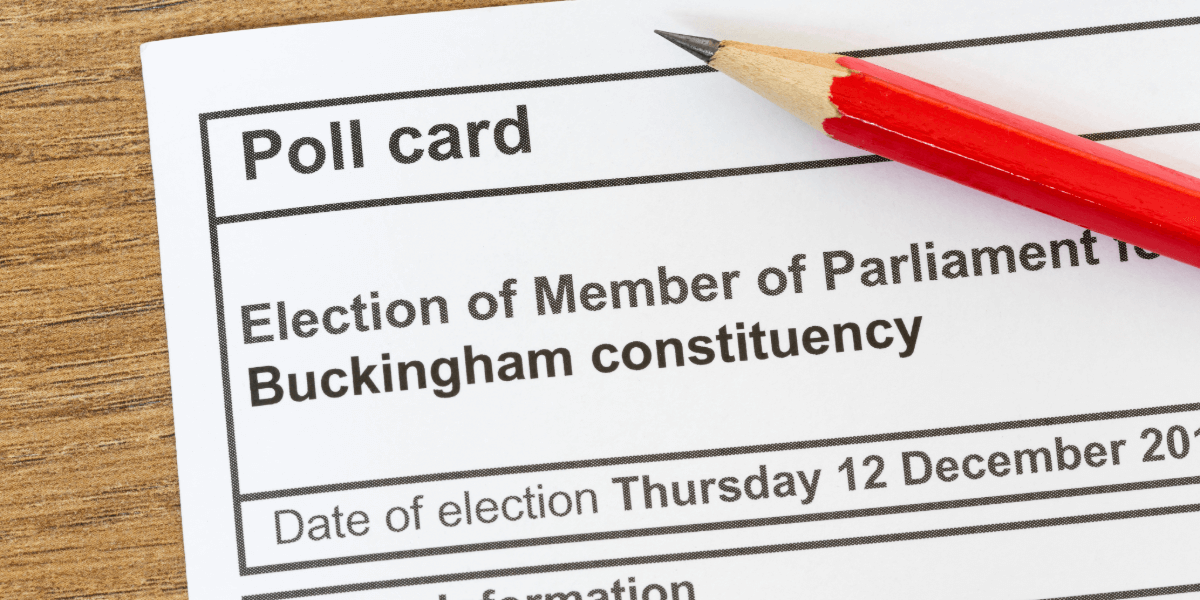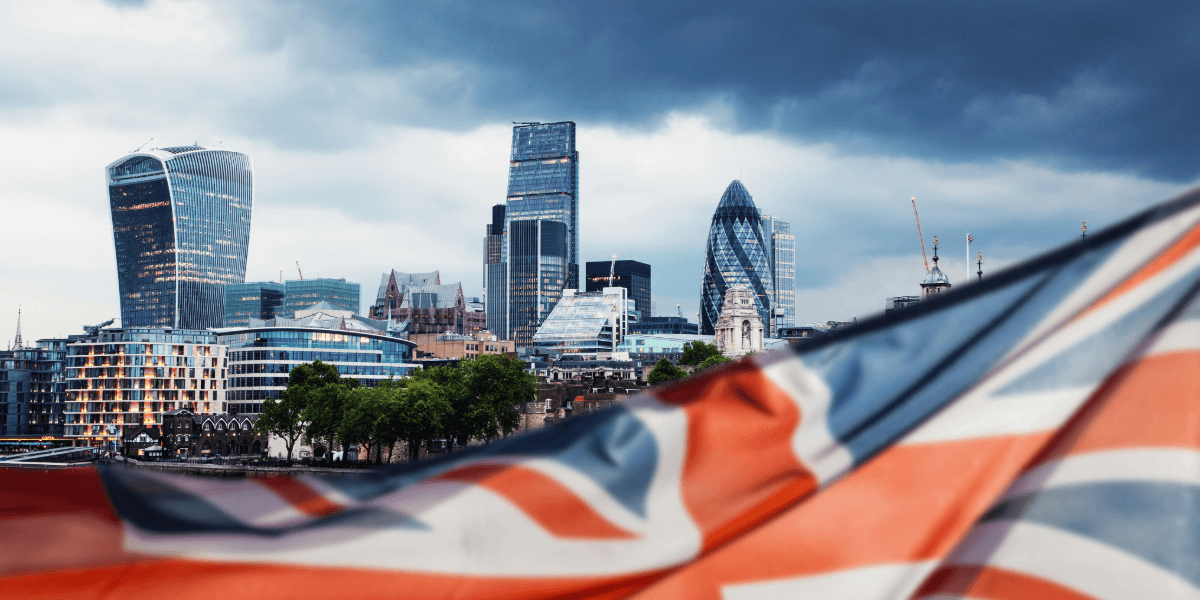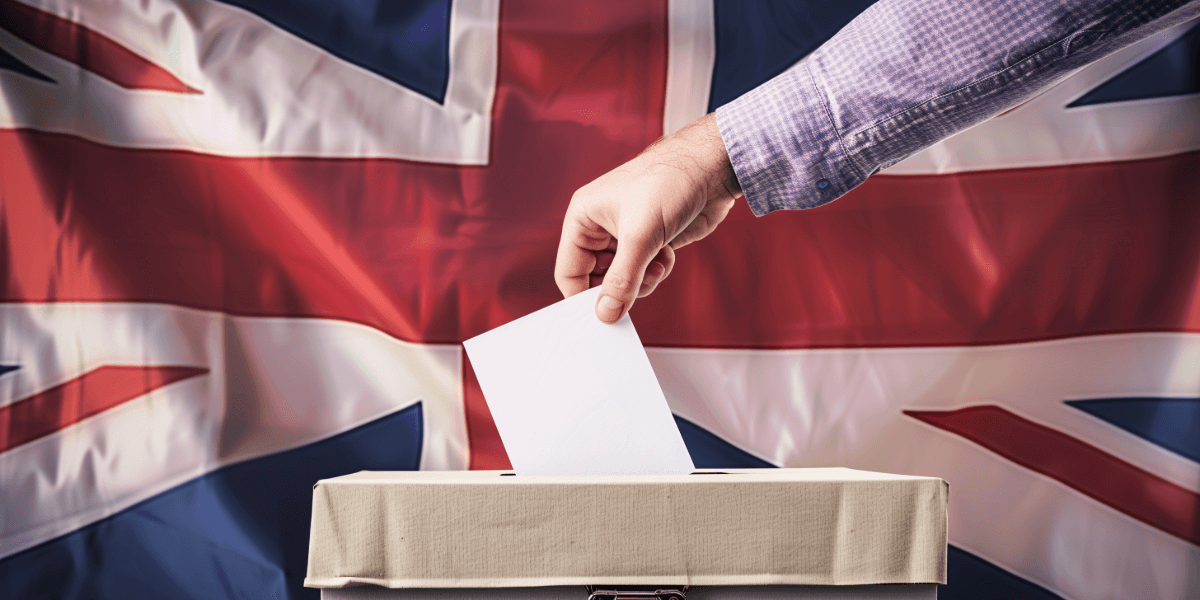Point of View - What the Next Government Won't Tell Us
Posted by Stelios on 10th Jun 2024 Reading Time:
Every election season (and in between), many in the hospitality industry get their hopes up. You dream of lower VAT rates, better margins, and more government support. Yet, this ends up in disappointment. I can't help but wonder: Is anyone being honest with us?

Let's be honest. The next government, no matter who wins, is unlikely to lower the standard rate of VAT. In fact, it seems more probable that they'll broaden its reach. The UK is grappling with enormous backlogs in almost every public service imaginable. Labour promises to fix them all without increasing taxes. But how will they fund this? It's a question that leaves me scratching my head. This isn't about siding with the current government either; the truth is, they aren't being completely honest with us either, and if they are, do we want to hear it?
Despite our high tax rates, they are still lower than in many Western countries. This might give the next government some leeway to increase or widen them. Forget the promises made; they'll likely change their tune by the first budget if necessary.
Watching the ITV debate between Rishi Sunak and the Labour leader on June 4th was like witnessing a child's squabble. Promises were made, accusations flew, but we were left with more questions than answers. We won't know their true intentions until the manifestos are released, and even then, they don't have to stick to them. It's crucial to see who wins and what sort of majority they hold going into the next term.
Paul Johnson, director of the Institute for Fiscal Studies, made some striking points on Sunday Morning with Trevor Phillips. The government is planning cuts in public spending over the next five years yet promises increases in defence, healthcare, and childcare spending. Labour and the Conservatives want debt to fall by the last year of their term, but spending cuts seem unlikely. We face backlogs in prisons and justice, yet neither party wants to talk about tax increases because it scares voters.
Both parties have ruled out increasing income tax and VAT. However, a rise is already "nailed in" for the next government due to the three-year freeze on income tax thresholds, amounting to an £11 billion tax rise. Labour's plans to add VAT to schools and tax private equity are small change and seem more about fairness. They won't discuss capital gains tax increases during the election because it might prompt people to sell now.
It's true that taxes are rising overall, reaching the highest level of national income in 70 years. Yet, someone on average earnings pays less tax than ever in the last fifty years. This government has hit high earners and corporations hard, increasing corporation tax. So, if the next government pledges not to borrow, where will they find the money?
We'll likely see changes to so-called stealth taxes:
- Income Tax Personal Allowance
- Capital Gains Tax Annual Exempt Amount
- Dividend Allowance
- Inheritance Tax nil-rate band

General election campaigns have politicians tying themselves in knots, promising not to raise taxes. Paul Johnson warned on Sky News' Sunday Morning with Trevor Phillips that these promises might lead to worse outcomes. Neither party wants to discuss the financial challenges the next government will face. Labour promises no income tax, national insurance, or VAT rises for five years, while the Conservatives claim they're lowering taxes after recent hikes. Yet, Johnson believes these promises could backfire, leading to complicated and economically damaging taxes on companies or investments.
Scepticism is warranted regarding both parties' tax promises due to the looming spending squeeze. Under current plans, real-term public spending is set to rise by just 1% from 2025. Given the ageing population and increasing demands on health, pensions, and social care, this figure seems unrealistic. Both parties insist they won't return to austerity, but neither has outlined what they'll do if their optimistic plans fail.
Council funding is another critical issue largely ignored in the election campaign. Research from the Institute for Fiscal Studies suggests that funding for English councils will be 9% lower in real terms than in 2010. This cut has strained housing, roads, transport, culture, leisure, and planning budgets. Councils warn they'll face a £4 billion spending gap within two years without additional funds.

Politicians prefer certainties, but the reality is that the next government's room for manoeuvre will be defined by factors beyond their control. Inflation and GDP growth are significant uncertainties. The Office for Budget Responsibility notes that a 1% increase in inflation would raise debt interest payments by £6.5 billion. Economic growth projections also vary, dramatically influencing the budget and debt levels.
Ultimately, the parties are trading blows over minor discrepancies while avoiding discussions about larger uncertainties. The next government will likely face a series of painful and contentious decisions far removed from the campaign rhetoric.
So, who's being honest with us? We must brace ourselves for the reality that no matter who wins, we might not see the changes we hope for.
As we approach the 2024 General Election, our goal at Ceres is to provide a comprehensive overview of the major political parties' key policies and positions while maintaining a nonpartisan stance. This article will explore the Labour and Conservative parties' primary economic and social policies, offering insights into their potential impacts on businesses and the broader economy.
In future articles, we will examine the statements of both the major and minor parties and delve deeper into how these policies specifically affect Ceres as a business and the hospitality industry that we supply. Our commitment is to provide balanced and objective analysis to help our readers navigate the potential changes and challenges ahead.

